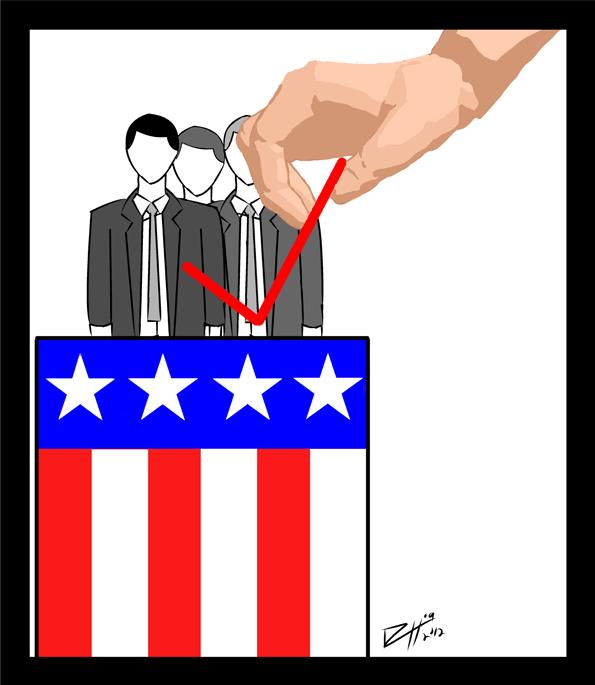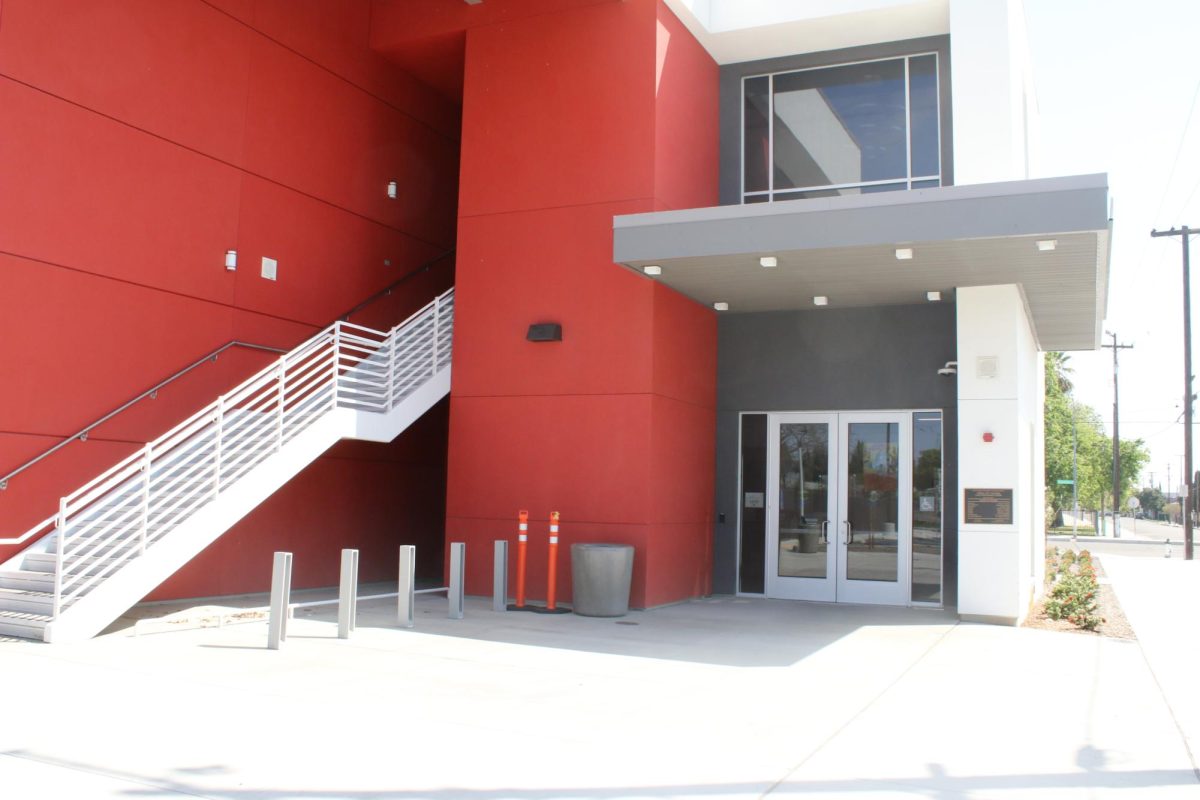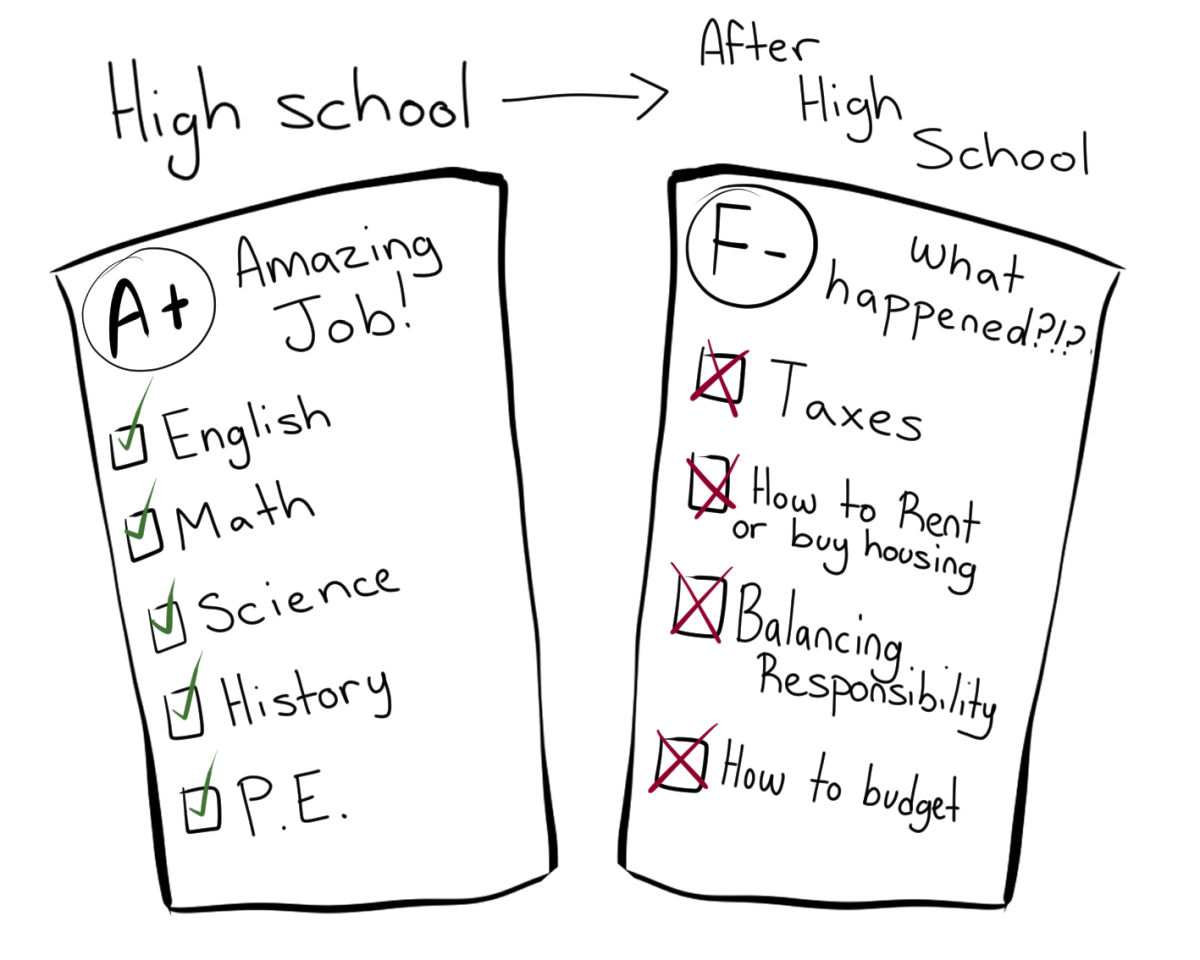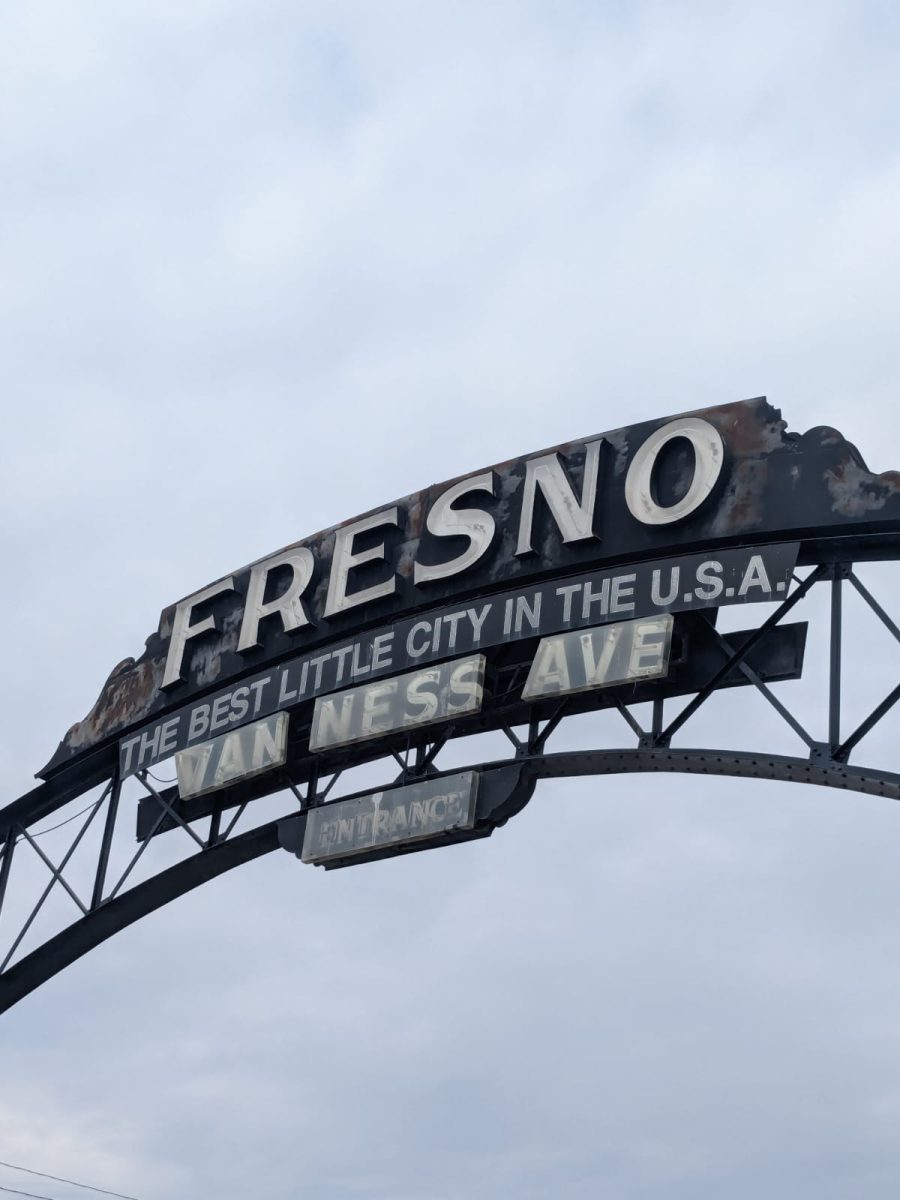The United States government should not enact an Election Day holiday. Multiple states already have worker protections in place to allow for time off and paid leave. In addition, Americans are provided with sufficient opportunities to vote leading up to an election.
Voting is a choice, not a mandate. The purpose of a federal holiday is for each and every citizen to honor a particular moment in time or a specific figure of history. Americans are explicitly given the right to vote in the Constitution, and legal accommodations already exist to ensure that citizens have an opportunity to cast their ballot during each election.
Come Election Day, some consider the tight schedule of the average working man’s Tuesday to be a hindrance upon their ability to vote.
There are numerous factors that help address the voting public’s needs. These laws not only mandate time off and worker compensation, but also provide opportunities to cast a ballot by voting early or by voting absentee.
Although there is no federal guideline to accommodate for working Americans on Election Day, many states including California have specific rules in place to ensure that employees who wish to vote at their designated polling station can do so inconsequentially.
California law requires that employers provide their workers with time off either at the start or at the end of their scheduled shift in order to provide them with an ample opportunity to vote. Employees can also receive up to two hours of paid leave.
However, there are still over a dozen states that fail to provide accommodations for working voters looking to make the time to cast a ballot on Election Day. In those states, voters are expected to risk taking time off on a Tuesday in order to vote at their polling place, losing a portion of their paycheck while risking their job security in the process.
Voting is a fundamental right and must be accommodated for. It is clear that federal guidelines for voting should be modified so that all prospective voters have an equal opportunity to vote at their designated polling station on Election Day.
There are currently 11 permanent federal holidays. These holidays include Memorial Day, George Washington’s Birthday, Independence Day and Labor Day.
In each case, these holidays are intended to bring an entire nation together in remembrance of a particular moment or a specific figure of our history.
Some argue that a federal holiday for elections would encourage greater voter turnout. However, voting is not a mandate for American citizens. Therefore, elections should not be acknowledged through the congressional enactment of an additional holiday.
For this reason, statistics demonstrating higher voter turnout in countries where the day of an election is a holiday are irrelevant. The democratic process should be encouraged. But those who choose not to vote should not be unduly rewarded with a skewed and narrow holiday intended for some, but not all Americans.
If voter participation was mandatory for each and every American citizen, then the enactment of a federal holiday could be encouraged. However, in a republic that honors a citizen’s freedom to abstain from voting, an Election Day holiday would discriminately target specific segment of the population; a segment of Americans that accounts for less than half of the republic.
Such action by Congress would contradict established precedent for federal holidays and would undermine the reasoning behind existing holidays. We should be no more encouraged to enact a federal holiday for an election than we would be in enacting a federal holiday to honor drag racing or fly fishing.
Setting aside the discriminatory nature of a prospective Election Day holiday, if Congress were to enact such a day, the burden placed upon our economy would not go unnoticed.
According to the 2010 U.S. Census data, the nation employs over three million federal workers. Working an average of 7.3 hours per day, an additional federal holiday would see the loss of nearly 22 million man hours of productivity. This would affect paychecks and would adversely impact consumer spending habits, thereby slowing economic progress.
While many countries hold national elections on holidays, Americans are at liberty to stay at home. In addition, those who wish to cast their ballots have ample opportunity to do so. If changes need to be made nationally, those changes should relate to job security and compensation.
The notion that congress should create an Election Day holiday on behalf of a minority of the population to encourage voter turnout is unjustifiable.








